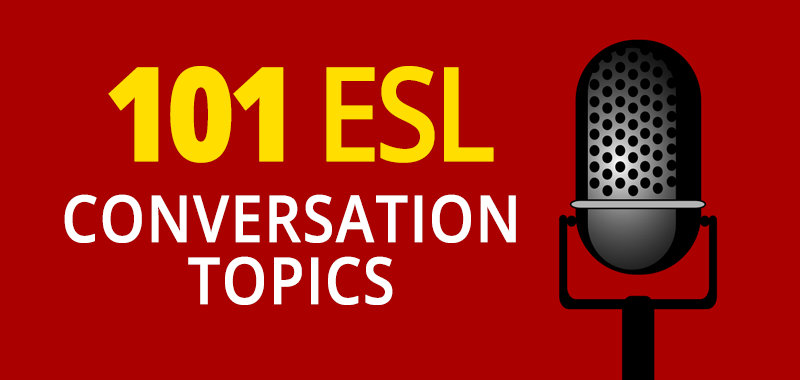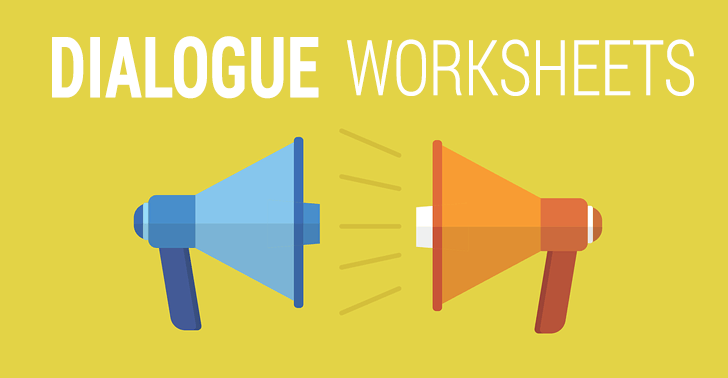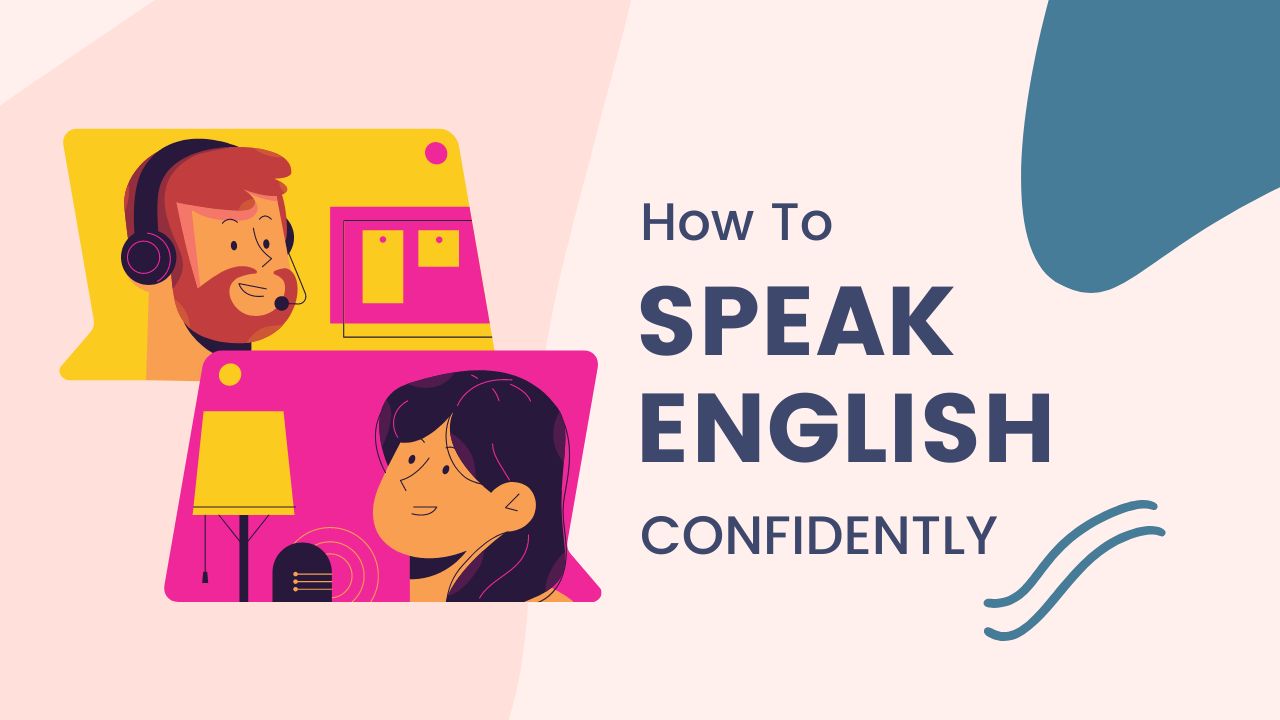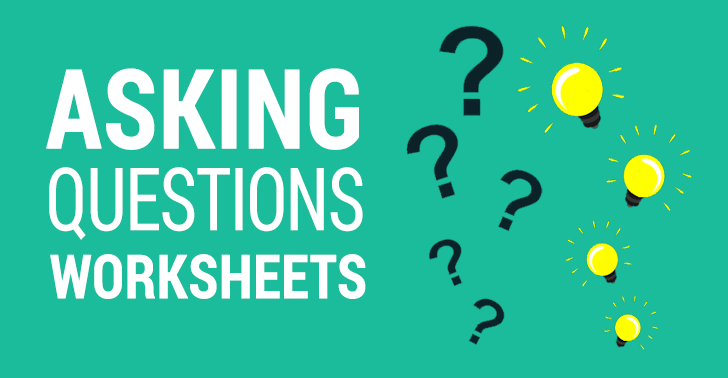Interrogative Form in English
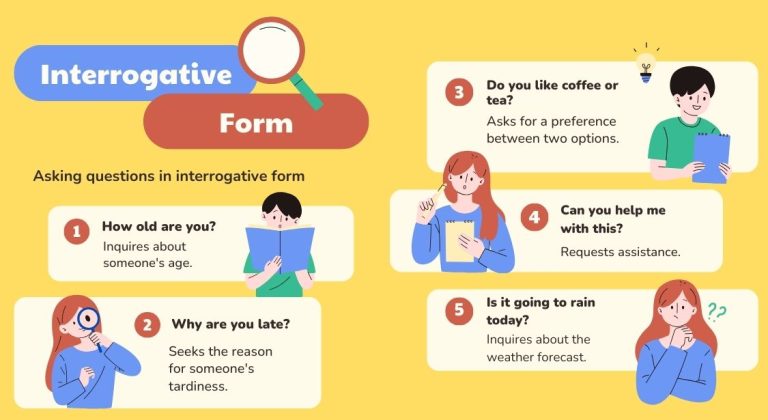
What Are Interrogatives?
Interrogatives are the questions we ask to learn more. They help us learn about the world and each other. So, by using interrogatives, we gain new knowledge and connections.
Learning interrogatives helps us ask good questions. This leads to better answers and understanding.
Socrates once said:
“I cannot teach anybody anything, I can only make them think.”
Questions make us think deeper. And that’s what we’re going to learn today. Let’s look into the art of asking questions.
Getting Started with Interrogatives
Why are interrogatives important? The reason is that interrogatives lead to discussions and solve misunderstandings. They make communication more meaningful.
Think about when you’ve used interrogatives in life. I use them all the time.
When you go to a doctor, they ask, “Are you allergic to any medication?” This is an example of a closed interrogative because the answer is either yes or no.
But an open-ended interrogative may be, “What are your goals for this project?” In a workplace context, this question helps clarify objectives.
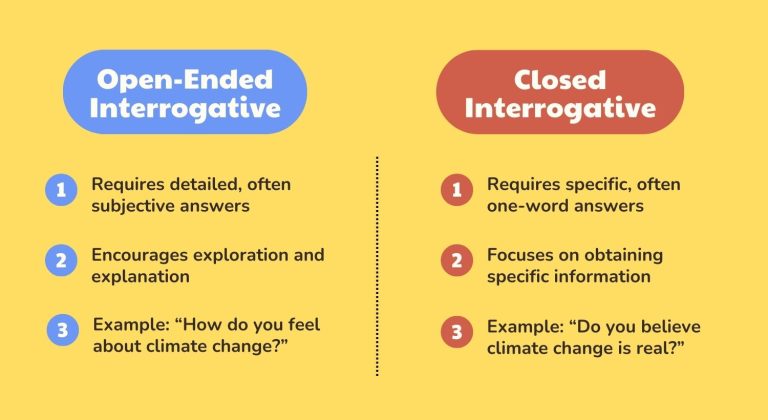
Closed Interrogatives
Closed interrogatives are questions that need short, specific answers, like yes or no. They’re straightforward, making them quick to answer. So, they’re great for getting clear, simple information fast.
For example, here’s a closed question – “Do you like coffee?”. The answer is either yes or no without much more than that.
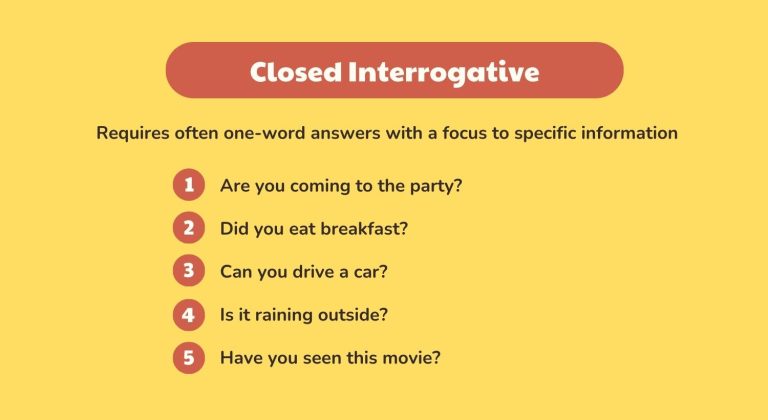
Here are some other examples of closed interrogatives.
- Are you coming to the party?
- Did you eat breakfast?
- Can you drive a car?
- Is it raining outside?
- Have you seen this movie?
All of the answers to these questions are meant to be straightforward. They’re typically a simple ‘yes’ or ‘no’.
Open-ended Interrogatives
Open-ended interrogatives are questions that encourage detailed responses. Instead of just ‘yes’ or ‘no’, it invites people to share thoughts, feelings, or explanations. So, they’re great for sparking conversations and gaining deeper knowledge.
An example is when you want to ask for clarity such as – “What do you like about coffee?”. This type of question opens up a dialogue. It allows the person to explain their preferences in detail.
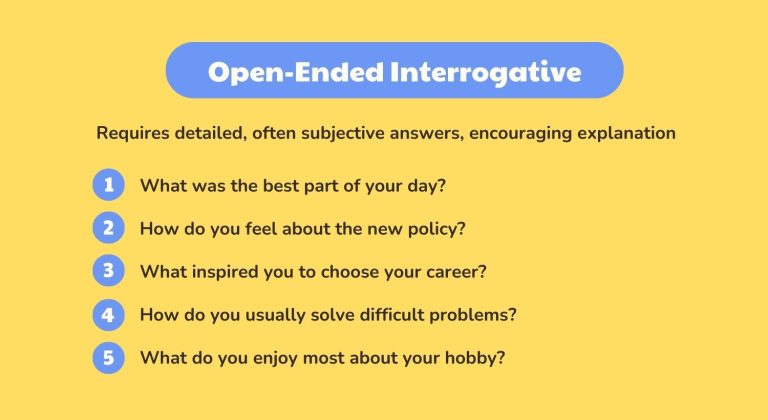
Here are some other examples of open-ended interrogatives.
- What was the best part of your day?
- How do you feel about the new policy?
- What inspired you to choose your career?
- How do you usually solve difficult problems?
- What do you enjoy most about your hobby?
These questions encourage deeper conversations, letting you learn more about someone’s experiences. They also help build connections and thoughts between people.
The Power of Questions in Everyday Life
When I was young, I was always worried about sounding foolish asking the wrong question. But since then, I’ve realized that questions help me learn and understand the world. They make us curious, so we ask more and find out new things.
Albert Einstein once said:
“The important thing is never to stop questioning.”
And how true is that from Albert Einstein? Think about how it applies to everyday life. Questions show we care and want to know more about someone.
In work, asking questions can lead to better teamwork and understanding. No matter the setting, this is how we build trust in other people.
So regardless of fear, asking questions opens a world of knowledge and connection. It’s through this curiosity that we grow closer to others and continually learn.
Techniques for Effective Questions
Asking the right questions can open doors to new knowledge. But is it possible to create even better questions?
Let’s take a look at some techniques that make your questions more effective.
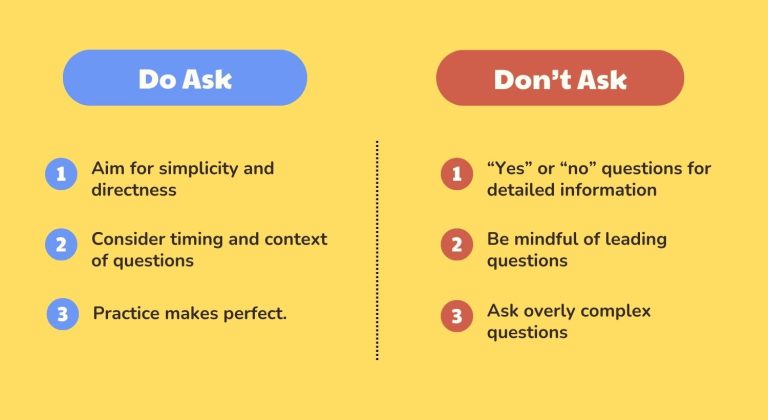
Aim for simplicity and directness
To formulate clear questions, start by focusing on what you specifically want to know. But it’s not always easy to do this in action
Here’s an example of an unclear and clear question:
In this case, I think you’ll get a better response from a clear question because of how it’s framed. So, remember, the way you ask can change the answer you get.
Consider timing and context
Timing and context are key when asking questions. Before using an interrogative, consider the setting and the current situation. This will help determine the appropriateness of your question.
When you ask questions, be mindful of timing and context. You’ll get much better responses to questions and avoid causing frustration.
Common Mistakes to Avoid
What are some of the common mistakes to avoid when asking questions? By recognizing these pitfalls, we can improve our questioning technique.
When asking questions, it’s important to avoid common mistakes. Try not to ask leading questions, yes or no inquiries, and overly complex queries.
Practice Makes Perfect for Interrogatives
Practice everywhere. Do you know why? Because practice makes perfect. Growing up, my teachers always used to tell me:
“There is no such thing as a stupid question”
…They were all right.
Just like practicing a musical instrument, consistency leads to improvement. Practice these tips in your daily conversations. And don’t get too strung up by the pitfalls.
Well, that’s all that we have to say today about interrogatives. We hope that you’ve learned about open-ended and close interrogatives. Let me know if you have any other tips for us in the comment section below.

